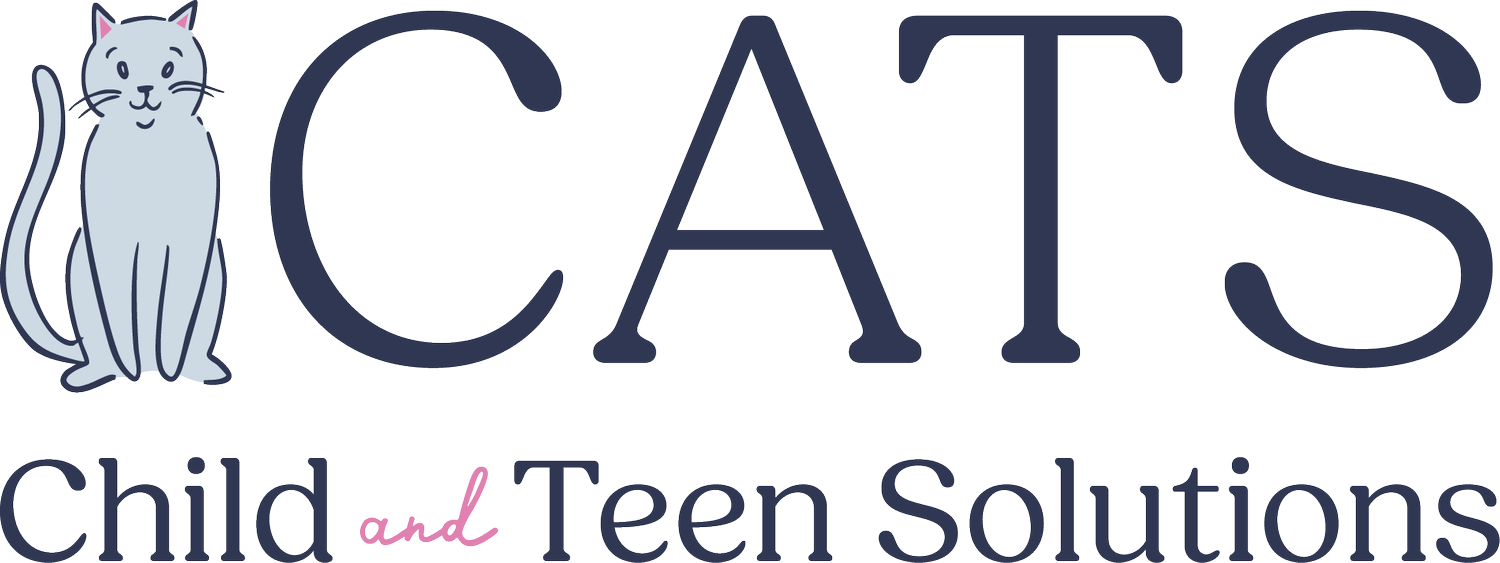
Therapy Services for Young Adults in Seattle, WA
We love working with young adults!
We have found that individuals ages 18 to 25 are in a prime developmental space to make great strides in therapy.
Young adults tend to have a level of insight and self-reflection that allows transformative change to take place in a way that can be more challenging to achieve at younger ages. Individuals who are motivated to address issues related to their interpersonal, emotional, family, work, or school lives may greatly enjoy having a therapeutic space to explore avenues of change.
Here are some common issues that can present in young adulthood:
Anxiety:
Social anxiety, perfectionism, health-related anxiety, and general worries are common. We draw from a variety of evidence-based strategies such as cognitive-behavioral, exposure therapy, and acceptance and commitment therapy when it comes to working with anxiety. Emotion-focused techniques, where the young adult develops greater emotional intelligence, offer a rich source of therapeutic change.
Obsessive-compulsive disorder (OCD):
OCD can express itself in a variety of ways, such as contamination fears, preoccupation with health, intrusive thoughts, and an excessive need for order and rituals. Exposure and response prevention (ER-P) is known as the preferred treatment approach and is a service that we offer.
Depression:
Almost everyone deals with depression at some point in their life. It’s easy to get stuck in a pattern of withdrawal from life when depressed. We work hard with our clients to incorporate strategies that are established methods for improving mood regulation. Behavior activation, social rhythm therapy, and strategies to increase a sense of interpersonal connection are all important when treating depression.
Neurodiversity:
Our providers are well-versed in issues related to the autism spectrum, an area of specialty for us. It’s common for neurodiverse individuals to struggle with anxiety, mood problems, and social challenges as they navigate the nuances of adulthood. We provide a safe and supportive therapy space for exploring issues, engaging in practical problem-solving, and improving emotional well-being.
Learning challenges or ADHD:
It’s common for bright individuals to mask or compensate for learning challenges earlier in development, only to have these issues catch up with them in young adulthood. For learning or ADHD-related issues, we tend to take a solution-focused and practical approach to these challenges.
College adjustment/ launching to adulthood:
For young adults who are struggling to launch, it’s often crucial to address the problem at family systems level in order to effectively address barriers to attaining greater agency and independence.
For individuals who find themselves struggling in college, we find that approaches to combat anxiety and avoidance are key. Many college students also benefit from strategies to interpersonal connections and a sense of belonging on campus.
Family Conflict:
Even with young adults, we have found it helpful to involve parents (when appropriate). Whether we work directly with other family members or not, we make an effort to address communication barriers, stressors, and other factors that may be contributing to the conflict. We also draw on a knowledge base of emotion-focused and attachment-based concepts to help improve family relationships.
Gender Identity:
We are committed to providing gender affirmative care. If gender expression is an issue that you bring to us, we will work hard to align care with best-practice standards. We also work to enhance your family’s ability to communicate with each other about gender expression in a supportive manner.
How to Get Started
-
STEP 1
Fill out our contact form with basic information to get the conversation started with our team.
-
STEP 2
We will be in touch within 1-2 business days to gather additional information to ensure CATS is a good fit for the support you need.
-
STEP 3
When we’re ready to get started, we will reach out with the appointment offerings and information about your assigned provider.
Child and Teen Solutions (CATS) is a mental health clinic based in Seattle, Washington. We are staffed by psychologists and therapists who specialize in children, teens, young adults, and parent coaching. We offer both in-person and telehealth services. Our office is located in the Madison Park neighborhood, near Lake Washington.
